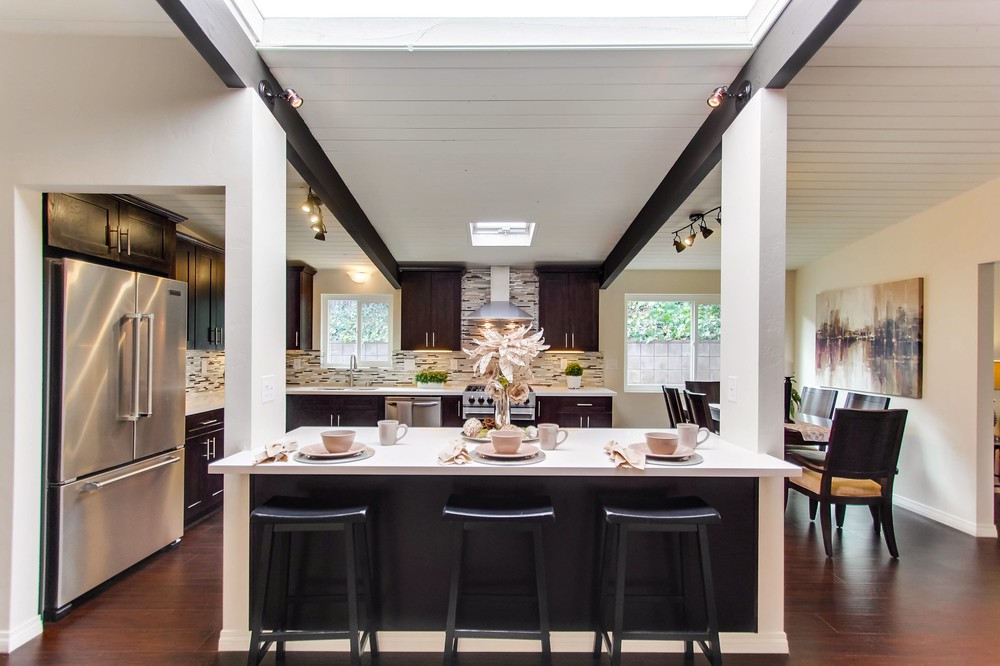How much of a home do you really need to be happy in retirement?
Retirement weighs heavily on a large percentage of the population. Still, most have little idea of what they really need to ever retire, let alone retire early and comfortably. The good news is that retiring happy may not require as much as you think.
It’s great to dream big. The thrill of competing to make it on or up the Forbes’ richest list can be a lot of fun. Having not only a grand estate to live in, but numerous vacation homes can be incredibly attractive. However, according to a Moss survey released at the end of last year, there is a clear plateau where happiness derived from homeownership drops off. Surprisingly, this wasn’t $10 million, or even $1 million, but just $350,000. In fact, the median home value of the happily retired was just $300,000.
Of course, this may be somewhat impacted by the recent years of declining home values. So what is now a $300,000 house in San Diego could have been a $400,000 to $600,000 home a few years ago. These numbers may also be twisted by national averages. Consider the national median home value today, compared to the median home price in some real estate hot spots which might top $700,000 or $1 million.
For those looking to buy a home in sunny Southern California, what can this type or money get you? A search of active San Diego County, California homes listings at the time of writing this article found:
- A 4 bedroom 1,500 square foot single-family San Diego short sale for $300k
- A Fannie Mae Homepath, bank owned foreclosure with 4 bedrooms for $339k
- A 1924 Spanish bungalow with 2 bedrooms and 680 sq. ft. for $350k
- A remodeled 3 bedroom home with large backyard for $350k (already pending sale)
Of course, the home you buy and live in during retirement is only one part of the puzzle when it comes to finding happiness. Ironically, happy retirees surveyed made less than $30,000 more than their unhappy counterparts; clocking in at an average of just over six figures a year during their working lives.
What seemed to really make the difference in being happy after their working years was confidence in being financially comfortable, having disposable income to fund hobbies and passions, having diversified interests and a purpose. Other notable differences which separated those that were happier in retirement included having no mortgage (which translates into more free cash), as well as education.
Education was found not just to be important for retirement planning and savings, but well-rounded interests. However, real estate education is also clearly a big part of this in terms of what to buy, how to manage a mortgage on a fixed income, how to profit from real estate investing and use it to retire earlier, in comfort and with confidence. Getting to a happy retirement can not only require investing in real estate for many, but also savvy tax planning, finding what you are passionate about and securing not just wealth, but streams of passive income too.






